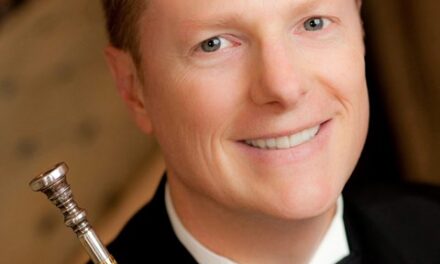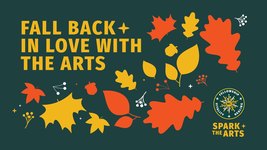In the early 1990’s, the increasingly experimental jazz singer Betty Carter released a recording with the head-scratching title “It’s Not About the Melody.” Excuse me? While we’re at it, how about a release named “Bach: It’s not about counterpoint,” or “Dylan: Pay no attention to the lyrics.” It was becoming fashionable to obliterate the inherent beauty of the songwriter’s creation for an interpretive dance, often with little or no resemblance to the original. Actually, Carter’s recording was not quite as revolutionary as the title might suggest. Hers was squarely in the long tradition of jazz performance of American popular songs – present the tune relatively unadorned and then move onto improvisation, interpretation, and the artist’s own conception of the song. But when there is no discernible relationship – either harmonically or melodically – from the get go, something is out of balance and incomplete. That was the predominant feeling I came away with after a concert by Nnenna Freelon at the Carolina Theatre on March 3.
Freelon has ascended to the top of her craft as a true jazz singer for good reasons. She possesses a beautifully-honed voice that can go from honey-tinged pathos to a bright sassy trumpet-like sheen. She puts on a high energy, dynamic show, supported by superb musicians. Local audiences adore her, and the feeling is genuinely reciprocated.
There were many in attendance who can remember her modest beginnings in local jazz clubs (mostly now defunct), and it is inspiring to see one of our own rise to her justly-deserved fame. In the recent past, she has also appeared with a local band that also includes some sting players — they call themselves the North Carolina Symphony.
This evening’s performance was subtitled Blueprint of a Lady: Sketches of Billie Holiday, not coincidentally the name of her newest CD, on the Concord label. The Carolina Theatre was packed all the way up to the very high second balcony, and it had the authentic feel of a real homecoming.
Accompanying Freelon was a fairly standard rhythm section – piano, bass, and drums. I am unable to cite the musicians here because the one time that Freelon introduced them I could not make out the full names.* A delightful addition to the group was another local woman, percussionist Beverly Botsford. She had a huge array of instruments that added a wonderfully exotic spice to the ensemble. So, we had a great and famous singer, a superb group of assisting artists, and the promise of great songs associated with the legendary Billie Holiday, all in the confines of a beautiful theater. What could possibly be missing? More on that in a bit.
Freelon is a wonderful storyteller, and her brief portrayals of the life and career of Billie Holiday were quite moving. The highlight of the evening for me was her rendition of “Don’t Explain.” This is a stunning, powerful ballad that portrays a woman tired of hearing the excuses of her man – Freelon was masterful. The simple, beautiful tune was slightly ornamented but it was there. The same magical aura spread over the audience when she gave a stunning performance of the African-American spiritual “There is a Balm in Gilead.” Another wonderful moment was when she swung to a classic blues number that was reminiscent of the late Joe Williams gliding his way along while the great Count Basie band backed him up.
Jazz is steeped in improvisation, innovation, experimentation, and pushing the envelope. There is nothing more boring than a performance of a song that strictly follows the fake book. Admittedly, the line between an artist’s interpretation and the songwriter’s concept can be blurry, and of course there are no rules, but there has to be at least some semblance of a bond with the original. The first inkling that this minimal relationship would be ignored was in Freelon’s performance of “God Bless the Child,” perhaps Billie Holiday’s most famous song (and her own composition). If you retain just the lyrics, why even call it the same title? This approach took place with timeless classics such as Richard Rodgers’ “I Didn’t Know What Time It Was.” At one point, I tried to determine if there was even one sung interval in the melody that was the same as the original – there was not. When Freelon and the band performed the Burt Bacharach hit “I Say a Little Prayer” as an encore, my wife turned to me and said “I think I just heard part of the song!”
There were no programs specifically made up for the concert, and even if there had been I doubt that they would have ID’d the musical arranger(s).
I cannot find the slightest fault with Freelon’s vocal abilities. It was said about Lawrence Olivier that you would willingly listen to him read the phone book. I could listen to Nnenna Freelon just sing a C major scale for an hour and revel in the beauty of her voice. It is an incredible instrument. It can and should be better used to meet – at least meet halfway – the timeless, incredible melodies that make up our great American songbook.
*In a 3/1/06 preview, Independent critic Joe Vanderford listed the personnel of the quartet as Freelon, pianist Brandon McCune, bassist Wayne Batchelor, and dummer Kinah Boto (formerly Woody Williams).












